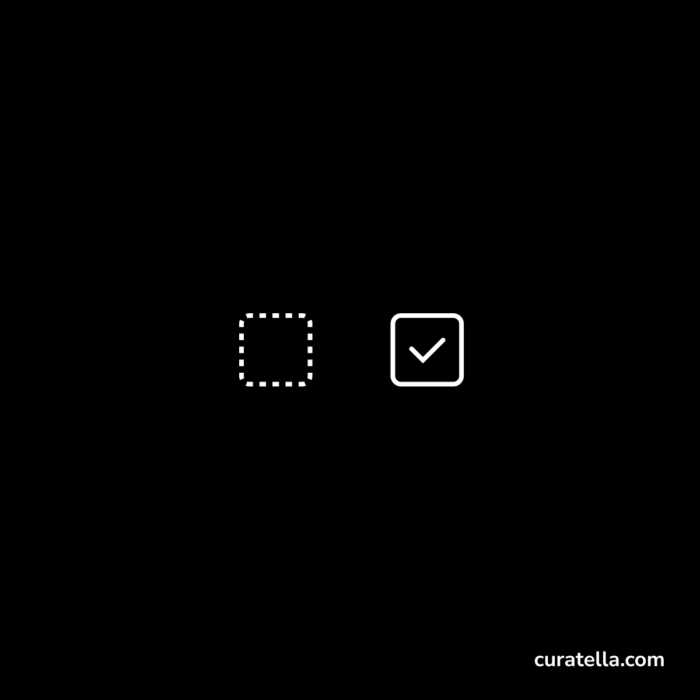Asking questions is an essential tool to learn about the world. Not all questions are created equal. When you want to assess a specific situation without the details quickly, you can ask closed questions. If you’re going to discover the nature of something, instead, you can ask open questions.
Closed questions
If you don’t want to promote interaction with the people you are talking to and need confirmation, you go straight to the point and ask for a yes or no.
- Did you write today?
- Are you wearing your facemask?
- Are you hungry?
- Did you get the vaccine?
Closed questions aren’t supposed to have a follow-up. They are frequently replied with a binary answer and are not suitable to discover details about the subject.
Open questions
If you don’t have specific options to offer when you want to discover, investigate, detail, explore or uncover the nature of something, you can ask open questions.
- Who do you love the most, mamma or papà?
- What did you eat today?
- Where did you go this morning?
- When did you write your last letter to a friend?
- How do you find the motivation to write every day?
Open questions are conversational tools. When you want to learn more about your interlocutor, you can formulate questions starting with one of the five serving-men: Who, What, Where, When, and How. Sometimes you can also add “How much”, “How many and even “How come…?”,”
A researcher, writer, designer, or learner should make ample and profound use of open questions when approaching a new project.
Enrich your creative toolbox with questions
Questions are at the base of curiosity, creativity, and science. Ask closed questions to have quick confirmation without provoking further discussion. Ask open questions to explore, learn and facilitate richer conversations.


